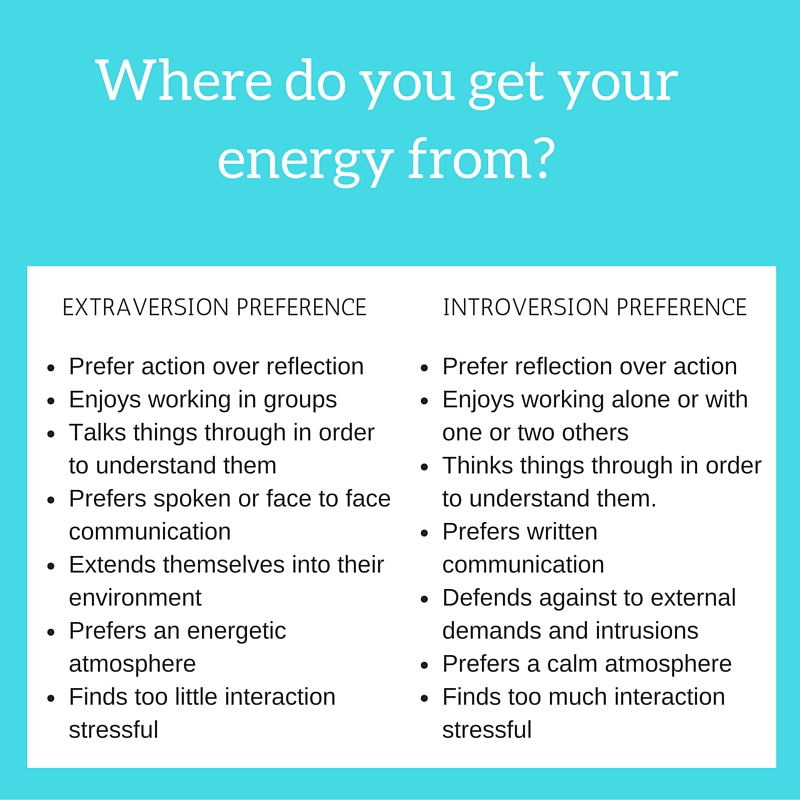Working from home: living dream or a bit of a nightmare?
Working from home sounds like the ideal gig but the reality can be anything but. Some people take to it like a duck to water but for others, loneliness can creep in and before you know it you can be overcome with feelings of isolation. Why does this happen and more importantly how can you overcome it?
We are all motivated in different ways and understanding the environment that brings out the best in you can be a real challenge. When you go to work in an office you usually have to put up with the office environment you are presented with. This means that we don't usually question what brings out the best in us. Instead, we spend our focus and energy on managing the environment we are given. When you work from home you are presented with challenges you have never faced before and you soon learn the importance of managing your environment. The good news is that at home you are in control of this, the key to making it work successfully is having a good understanding of what makes you tick
How do you charge your 'battery'
I was speaking to Freelancer who has been working from home and had spoken to hardly anyone in three days. She described it as her battery becoming more and more drained each day that passed without company. That's a great description because we are all energised or drained by different external factors.
Even if you are unfamiliar with MBTI you may have heard the terms 'extraversion preference' and 'introversion preference'. This isn't about being an 'extrovert' or being the life and soul of the party, it's about where you get your energy from. MBTI speaks of 'dichotomies' or a scale from extraversion preference to introversion preference and where you are on that scale will determine how likely certain elements of your environment are to energise or drain you.
Here's a summary of the factors that are likely to energise or drain each preference:
Imagine two toy robots. One is mains charged and the other is solar powered.
The mains charged one is taken by the children out into the play room. It entertains the children all day but the longer the day goes on the more drained it's battery becomes. When it goes back into the solitude of the dark cupboard and sits back into it's charging stand it can finally feel recharged and refreshed.
The solar powered robot also entertains the children all day but the longer it is in the play room interacting with the children and being exposed to the external environment, the more it’s battery is charged. When it goes back into the dark cupoboard, away from everyone and everything it loses it's charge.
Both robots perform the task equally well and from the outside no one would know the difference between the two, it's simply that one will be energised by the experience and the other will feel drained by it.
Now of course you may not fit exactly either of these descriptions. You may be more of a combination of the two. The important thing is to recognise which factors in your environment energise you and which are likely to sap your energy and enthusiasm so that you can manage them.
Why is this important?
If your working environment doesn't match what makes you tick you are going to find working alone tough going. This seems to be particularly challenging for those with an extraversion preference. People with an introversion preference will find many aspects of home working naturally meets their need for working alone, a calm environment and space for reflection. Those with an extraversion preference however tend to miss the 'buzz' of the office, having colleagues around and the opportunity to chat things through with people.
If you get your energy from interaction from others, being at home alone will not only leave you feeling isolated but it is actually draining. The first few times I ever worked from home I felt like I needed a nap!
Not only can this be disastrous for your energy and enthusiasm but it can also crush your creativity. Those of us who are 'solar powered' often speak to think. Described sometimes as speak-think-speak. This means that in order to form an idea such people will just start talking, reflect, then discuss it further in order to form their thoughts. A 'mains charged' person will think-speak-think, meaning that they like to think an idea through before sharing it. The idea formation mostly happens in their head. If you form your ideas by verbalising then you may struggle to have your best ideas without other people to bounce them off of.
What if I fail to manage it?
Knowing what you need from your environment is one thing. Recognising when you are not getting what you need and acting on it is another skill entirely. You might not realise at first why you aren't quite on top of your game. By the time you finally do realise you might be feeling so drained and isolated it becomes harder and harder to act. It's easy to get in a rut.
When you get stuck in this rut you start to act in uncharacteristic ways. Someone who is usually outgoing and chatty can start to withdraw within themselves. When this happens the last thing you want to do the very thing that would get you out of that state, such as picking up the phone. This is where your self awareness and discipline comes in. You may feel stressed or withdrawn and in such circumstances going out for a walk or talking to someone will be the furthest things from your mind but you have to have the discipline to do them. You won't be more productive for staying stuck in that rut.
Know yourself, know your environment
So what can you do?
Pay attention to what you need: If you've been home working or lone working for a while you may have already started to notice what makes you tick. If not, start to notice when you are really energised and engaged in a task. Notice when you are feeling stressed or isolated. What is the difference between the two? When are you at your best? Where were you when you had your best idea? Who were you with? How many people? For how long?
Change your environment: Once you know what you need, change your environment to incorporate as much of this as possible. Obviously you can't always magic up people to work with but can you do the next best thing? How about using a co-working space? Or a café? If you can't do that how about having the TV or talk radio on in the background? You can even get white noise apps that simulate a café ambience. Finally, don't forget you are not alone. There are many other people in your position. Pick up the phone and have a chat.
Experiment: There's a bit of trial and error involved to get it right. I used to listen to music but I sang along and couldn't concentrate. I also tried ambient noise apps but they were too fake, so I opted for BBC News instead. It had enough background talking but not in a way where I'd need to tune in and concentrate. That worked well for a while but they repeat the bulletins so I decided to switch to BBC parliament in the afternoon. It had the same background chat and I could tune it out. After a while that didn't really work so I turned to slow TV. It's taken while to find what works and I'm always tweaking to improve things.
Act: Notice when you're becoming drained, stressed or isolated and then rather than ignoring the signs, act. Go to a café, pick up the phone, go for that walk. Do something. It might seem counterintuitive but if you ignore that need it will just get worse and cost you in the long run.
Over to you
So what energises you?
How do you recognise when you're heading for a rut?
What do you do to get yourself out of it?


